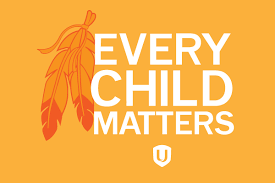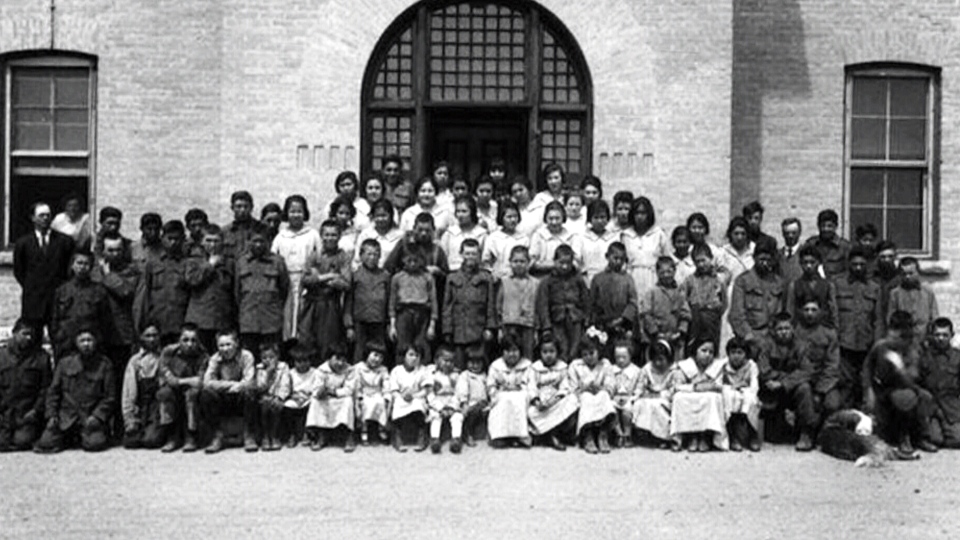
I feel like I have been holding my breath for the past week. I feel like the burden of these days have settled on my spirit, bringing me little peace of mind, little gentleness of body.
Mind and body are all one.
Our human condition is all one.
We are all one people sharing this one planet walking this one earth, together.
We are One.
Peel back my skin, my blood runs red. My bones are white.
Peel back your skin, your blood runs red. Your bones are white.
Peel back the layers of my story, your story, we were all born of a mother’s womb. Different yet the same.
Our lives entered this world through a force of nature that sometimes feels too mystical, too ephemerally magical to comprehend.
Yet here we are. Walking this one earth. Sharing the same air. The same waters. Lands. Breath.
A friend commented on my FB page this morning that “There is always light after darkness.”
She’s right. The earth turns. The sun rises. Darkness rests. The earth turns. Sun rises….
If we keep our eyes closed, we will never see the light. To see the light, we must step into the darkness with our eyes and heart and minds wide open to its shadows, its hidden mysteries, its beauty.
The lights shines brightest in the darkness. So does truth.
In an email exchange with a friend this morning I commented on how to heal, Indigenous peoples have had to be able to speak the truth of what happened to them.
In my own life, speaking truth has helped me heal from childhood abuse, initmate partner abuse, and from my own misdeeds on this journey called, ‘my life’.
Speaking truth heals.
So does facing it.
And the truth is, non-Indigenous Canadians have struggled to hear the truth and to face our shared history of racism and cultural genocide of Indigenous peoples because… it hurts.
It hurts to think that our forefathers acted with such cruel and callous intent towards those who walked these lands long before the first boatload of settlers arrived.
It hurts to know that, while the motivation behind Residential Schools at the time may have been considered ‘best practices of the day’, (even writing that phrase I am aghast to think it was possible knowing what we know today, but at the time, it is possible it was so) they did little to stop the abuses they uncovered, at the time and during the century and a half of their existence, and continue to take little concrete action to address the truth of the inequities of The Indian Act today which continues to limit the rights and lives of Indigenous peoples.
And it hurts to think this land, this country of which so many of us are proud, believe is a fair and just nation, is not, has never been such, and continues to be not a fair, just and equitable nation for Indigenous, First Nations, Metis, Inuit and many people of colour.
It hurts.
Truth does that sometimes. It hurts.
But when I write it out. When I state unequivocally, we are not a fair, just and equitable nation for all, there is hope. In the face of the truth, I do not have to waste my time defending against it.
In acknowledging it, I open the door to the question… “What am I willing to do about it?” What am I willing to do to dismantle the lies I’ve told, the mistruths we all told to keep the status quo in place, no longer continue to exist? No longer continue to keep those who have been harmed by our inability to bear witness to the truth, can breathe fresh air, drink clean water, live fearlessly on this land that has been their land since long before we arrived.
What am I willing to do about it?
I will speak the truth. I will not hide behind platitudes of “We’re doing our best”. “It takes time to right a ship this large.” “It’s complicated.” “Change doesn’t happen over night.” etcetera. etcetera. etcetera.
It is in our denial, in our shying away from truth, in our dismissal of facts, our refusal to hear the pain and trauma, our habit of casting blame on the victims, to wash away the struggles of many with words like, ‘it’s time to get over it’, or, ‘‘those people. they’ll never change. they’re just dirty, rotten….’, it is in our inability to listen, and hear and be present with the truth, that we become that which we do not want to be, ‘an unfair, unjust and inequitable country.’ A country where the privileges bestowed the majority, simply because of the colour of our skin, give us an inequitable right and access to fresh drinking water, education, safe housing, health care, financial well-being, freedom of speech, justice and so much more.
The light shines brightest in the darkness.
It’s time we cast light on the truth so that we can stand in the darkness of our past, and find our way into a future where all children, all people, no matter the colour of our skin, our faith, our age, our education, our history, the depth of our bank account, or our ‘connections’, have the possibility of living a future free of racism, discrimination and abuse.
A future where our Canada is a just, fair and equitable nation for its people.
Namaste.
_______________________________
The anger comes in waves — this morning’s news shared on CBC that our Federal Government “says it’s not liable for cultural damage caused by Kamloops residential school: court documents”
I use the ‘our’ intentionally. This is our government. We cannot, must not, let them get away with denying the truth.


